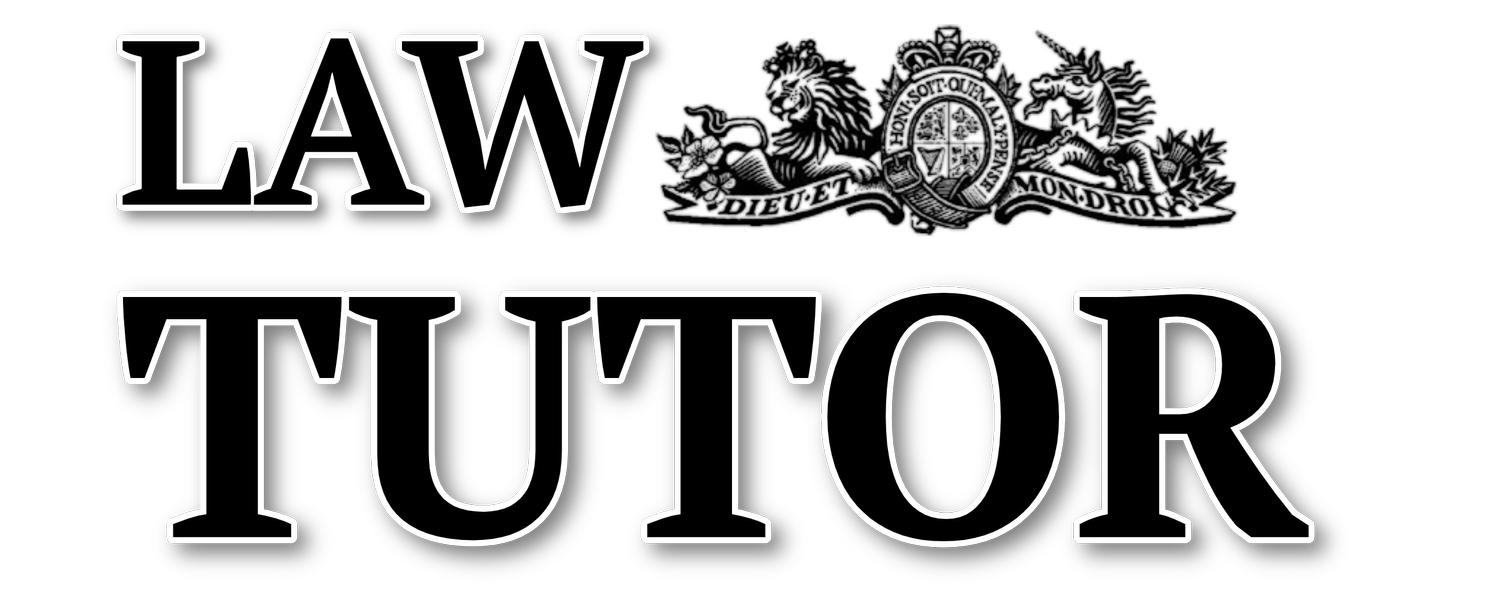Bella v Barclays Execution Services
Bella v Barclays Execution Services
Facts
To determine whether the Claimant's claims should be rejected, a preliminary hearing lasting three days was scheduled. The claimant requested that the hearing be recorded. He said that he would be able to participate in the hearing and that this adjustment would reduce his cognitive burden. He gave proof from his cognitive behavioural therapist to back up his claims. The claimant had participated in previous sessions that were not recorded, thus the panel denied his request. The claimant's therapist's testimony was not given any weight by the tribunal since she had "no clinical qualifications." In appeal, the Claimant did. The issue was appeal to the Employment Appeal Tribunal (EAT).
Held
The EAT came to the conclusion that the adjustment ought to have been made, and that the decision of the tribunal to refrain from doing it was unlawful. The EAT was able to arrive at this result by observing:
As an institution of the state, a tribunal is obligated to undertake the responsibility of making reasonable changes in order to accommodate the limitations of plaintiffs.
The tribunal ought to have questioned whether or not the adjustment that was sought would have eliminated the disadvantage that the claimant was experiencing.
It was too "dismissive" of the tribunal to take into consideration the evidence that the claimant's therapist had provided.
The disadvantage would not have been eliminated by the options that were provided by the tribunal, which were that the tribunal record the hearing or that the claimant may take a written note. That is because the claimant would not have been able to write a note due to the problems he was experiencing, and he would not have had rapid access to the recording of the tribunal.
Regarding the recording, there was no indication that it would cause any disruption to the hearing.
Respondents did not raise any objections.
Despite the absence of any proof to the contrary, the Claimant did not intend to utilise the tape for any unlawful purpose.
Comment
In the England and Wales it is not permitted to make recordings of the proceedings. If however a claimant suffers with a condition such as Dyslexia or some other cognitive condition, which makes it difficult for them to track the proceedings they can ask for a reasonable adjust to permit recording the final hearing. This should equally apply to a litigant in person, counsel or any other lay representative.

